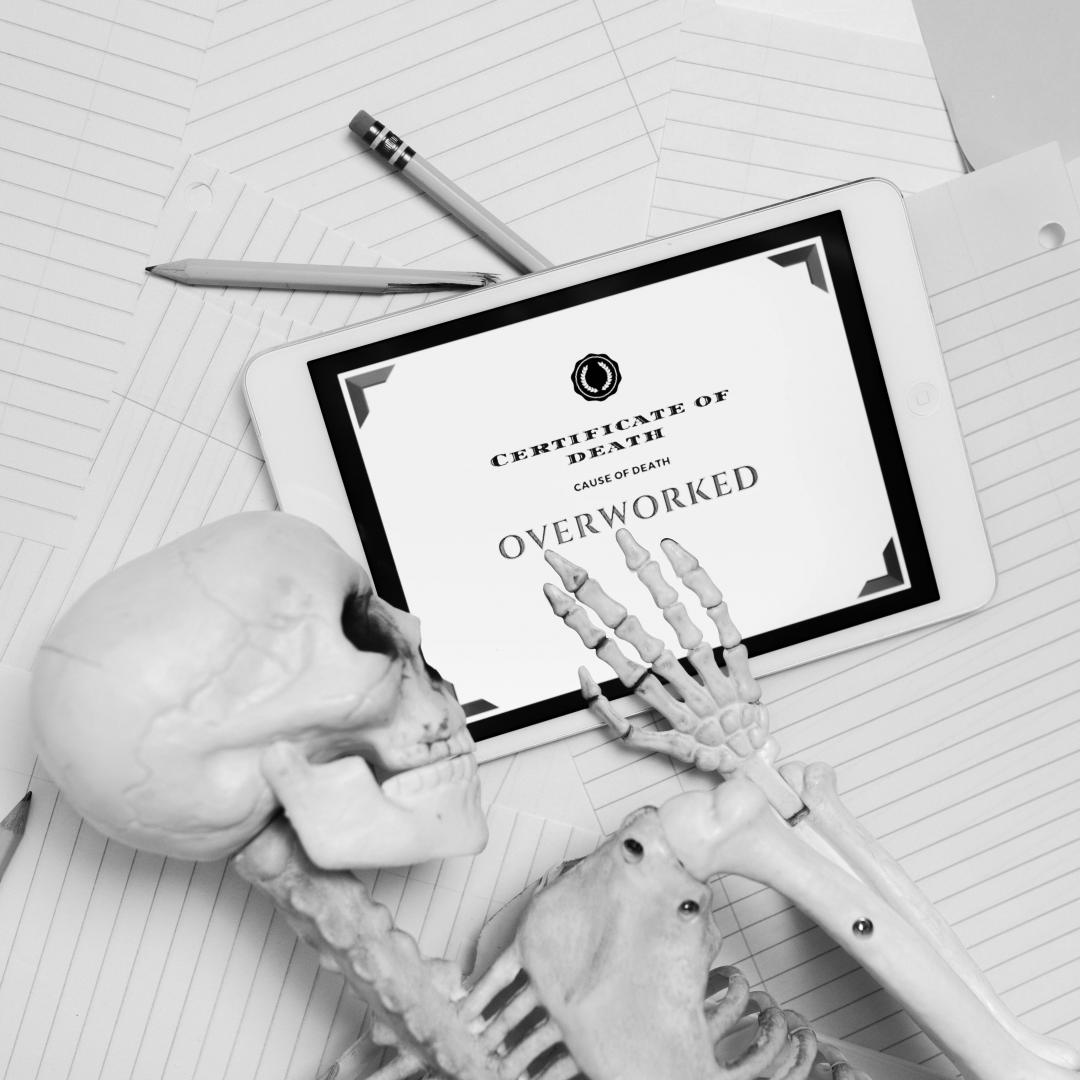How to Handle Work Stress Without Burning Out
Juggling multiple responsibilities, tight deadlines, and constant connectivity can make even the most dedicated professionals feel overwhelmed. While a certain amount of stress can serve as a motivator, excessive and prolonged stress can lead to burnout, a state of emotional, physical, and mental exhaustion. However, with the right strategies, it's possible to manage work-related stress effectively and avoid burning out. In this article, we'll explore practical steps you can take to handle work stress and maintain a healthy work-life balance.
- Recognize the Signs of Stress and Burnout
The first step in handling work stress is recognizing the signs. Stress manifests in various ways, including irritability, fatigue, headaches, and difficulty concentrating. Burnout symptoms can be more severe, such as chronic exhaustion, reduced performance, cynicism, and detachment from work. By acknowledging these signs early, you can take proactive steps to address them before they escalate.
- Prioritize and Organize
One of the primary contributors to work stress is feeling overwhelmed by tasks. Prioritizing tasks by importance and deadline can help manage workload more effectively. Consider using productivity tools and techniques such as to-do lists, calendars, or project management software to keep track of your responsibilities. This organization can alleviate the pressure of trying to remember everything and help maintain focus on one task at a time.
- Set Boundaries
In an age of constant connectivity, it's crucial to set boundaries between work and personal life. Establish limits on when you'll check emails or take work calls outside of office hours to ensure you're getting necessary downtime. Communicate your boundaries clearly to colleagues and supervisors, and make an effort to stick to them. Protecting your personal time is fundamental in reducing stress and preventing burnout.
- Practice Mindfulness and Relaxation Techniques
Mindfulness and relaxation techniques can significantly reduce stress levels. Practices such as meditation, deep breathing exercises, or yoga can increase your resilience to stress. Even short breaks throughout the day to practice mindfulness can make a difference. These techniques help in grounding you in the present moment and reducing anxiety about future tasks.
- Maintain a Healthy Lifestyle
Physical health is closely linked to stress levels. Ensuring regular physical activity can boost your mood and reduce stress. Similarly, a balanced diet fuels your body and mind, enhancing your ability to handle stress. Adequate sleep is equally crucial, as it is the body’s way of recharging and repairing itself. Incorporating these elements into your daily routine strengthens your resilience against stress.
- Seek Support
If stress becomes overwhelming, don't hesitate to seek support. Talking to friends, family, or a mental health professional can provide a new perspective on your stressors and offer valuable coping strategies. Additionally, sharing concerns with a trusted supervisor or HR can lead to workplace support, whether through adjusted workloads or additional resources.
- Learn to Say No
It's important to recognize your limitations and avoid overcommitment. Learning to say no is an essential skill that helps prevent taking on more than you can handle. Politely decline additional tasks when you're already at capacity, or negotiate deadlines to a more feasible timeline. This assertiveness protects against unnecessary stress and preserves your energy.
Conclusion
Handling work stress without succumbing to burnout is a continuous process that requires self-awareness, discipline, and proactive measures. By recognizing stressors, organizing tasks, setting boundaries, adopting healthy habits, seeking support, and knowing when to say no, you can manage stress effectively. These strategies not only help prevent burnout but also contribute to a more fulfilling and balanced life. Remember, taking care of yourself is not a luxury but a necessity for sustainable success in the workplace.





















